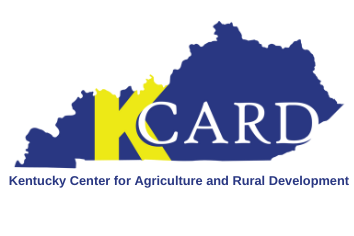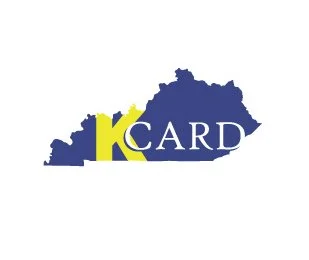Are you currently selling your products online? Do you want to start selling products online? Online sales offer an opportunity for your customers to shop whenever and wherever they want. Below are some tips for selling online.
Understanding Cost of Goods Sold (COGS)
If you look at a Profit/Loss statement (also called an Income Statement), you will often see Cost of Goods Sold (COGS) broken out from other expenses. What are these and why break them apart?
Costs of Goods Sold are expenses that are directly attributed to the amount of production. COGS are reported on the Income Statement and are segregated from Operating Expenses, which are expenses that are not directly tied to production.
Management Tips for Agribusinesses in the Time of COVID
Dr. Steve Isaacs has been with the University of Kentucky Cooperative Extension program for over 28 years, specializing in farm management programs such as farm financial management, human resource management, and the economics of injury prevention. Dr. Isaacs is a trusted and valued resource for KCARD with his extensive knowledge in agricultural economics and business management. He has also been a mentor or instructor for many KCARD staff over the years.
Why Do We Obsess about Financial Statements?
If you ask any KCARD employee where they turn to first in a business plan they receive, there’s a good chance that – after reading the summary of what the business is wanting to do – the profit/loss statement will be the first page reviewed. We will start looking at how revenue was calculated and whether the expense lines show everything that we expect to see in that particular business. In the next few weeks, we will be going into more detail on how to develop financial projections, stay tuned.
Direct to Consumer Beef Webinar Series
A Direct-to-Consumer Beef Webinar Series will be presented on the evenings of July 14, 15, and 16 to help producers new to selling beef with production practices, processing, and sales and marketing questions. Kentucky Center for Agriculture and Rural Development, Kentucky Cattlemen’s Association, and the University of Kentucky are coming together to present information that should help producers navigating beef sales for the first time.
Small Business Educational Resources
Are you looking for ways to increase your knowledge of marketing, production, business management, and more during this time of quarantine and rain? Check out these online training programs from some great resources.
Q&A with KCARD: Covid-19 and Your Farmers Market
Farmers markets must get innovative in the way they provide food access to their customers while keeping in line with social distancing requirements during this time. Consider the restraints of your market and what is feasible for your market. We encourage you to check out the resources put out by the Kentucky Department of Agriculture and the Community Farm Alliance for markets across the state.
Q&A with KCARD: Managing Cash Flow During a Crisis
Question: How do I manage cash flow when I’m concerned about the effect of reduced travel/walk-in traffic on my business?
Answer: The next two weeks and the next two months are going to be critical for many small businesses as we all figure out what the eventual impact will be. Click to read about a few rules of thumb for businesses.
Do You Have to Collect Sales Tax for Online Sales?
For most farm-based products, you do not collect and submit sales tax in Kentucky. However, if you are selling non-food items, such as soaps, painted gourds, or other farm-related crafts, you must collect and remit sales tax. In Kentucky, you do this quarterly. What if you sell online, in other states?
What is a Cooperative Development Center and why is KCARD one?
Kentucky Center for Agriculture and Rural Development (KCARD) is a cooperative development center, providing education, support, and advisory services to groups interested in forming cooperatives and to cooperatives who have already formed. KCARD has served these needs in Kentucky since 2001 providing assistance to over 50 cooperatives and helping with the establishment of 27 cooperatives.















